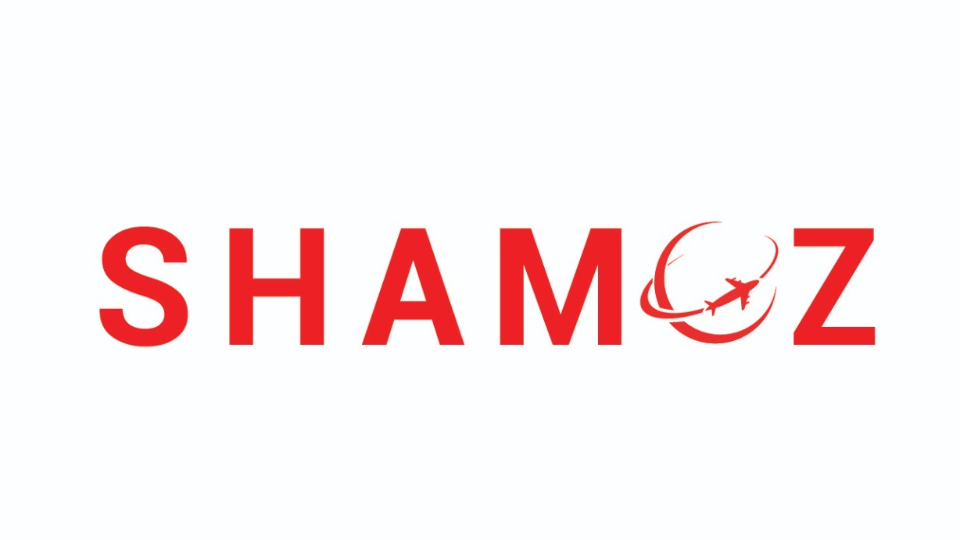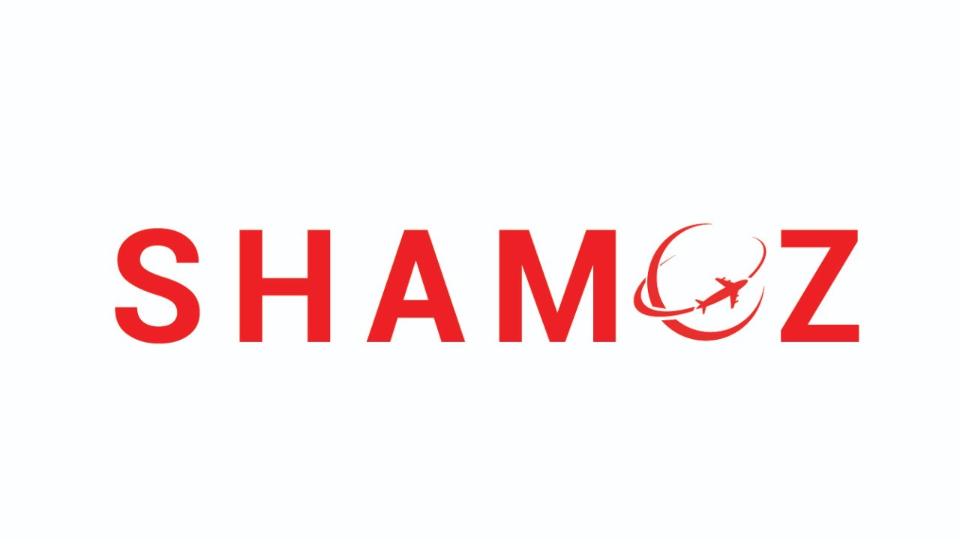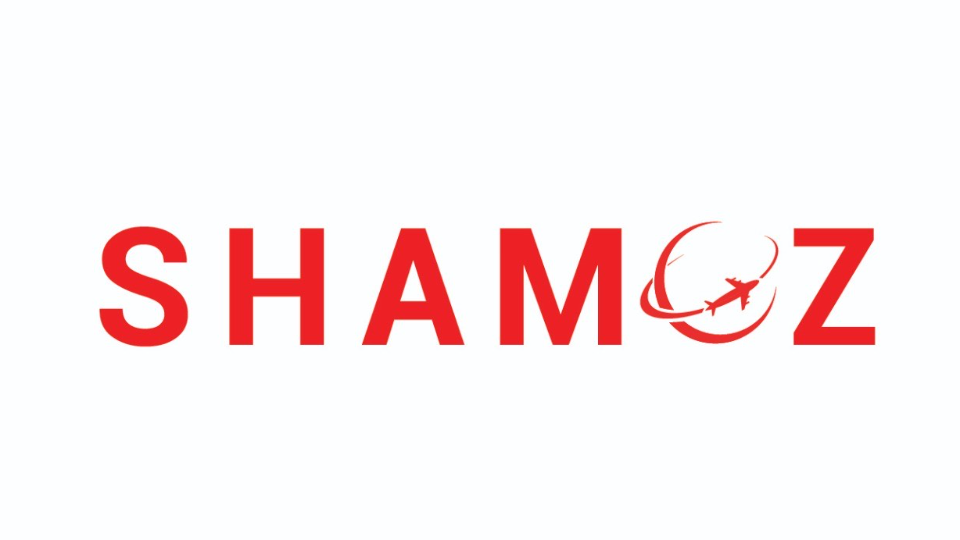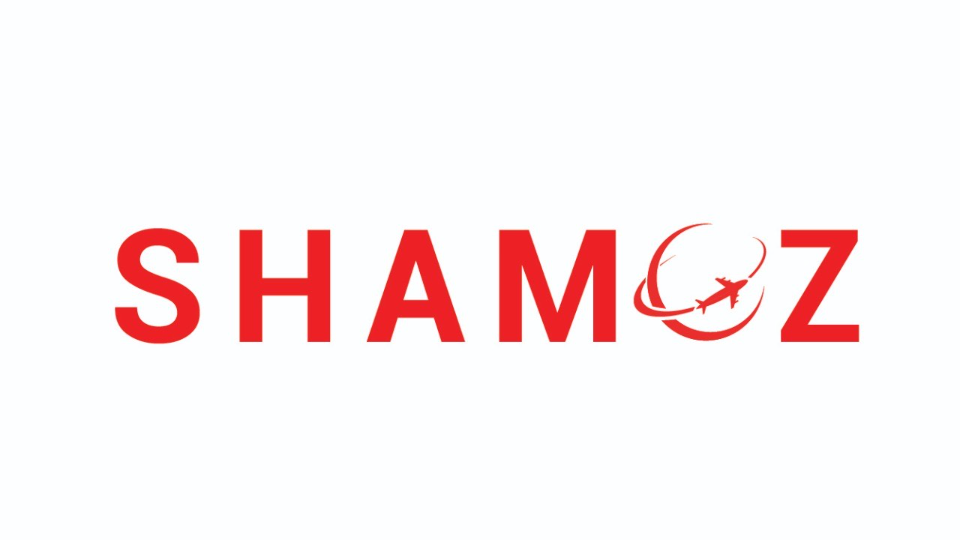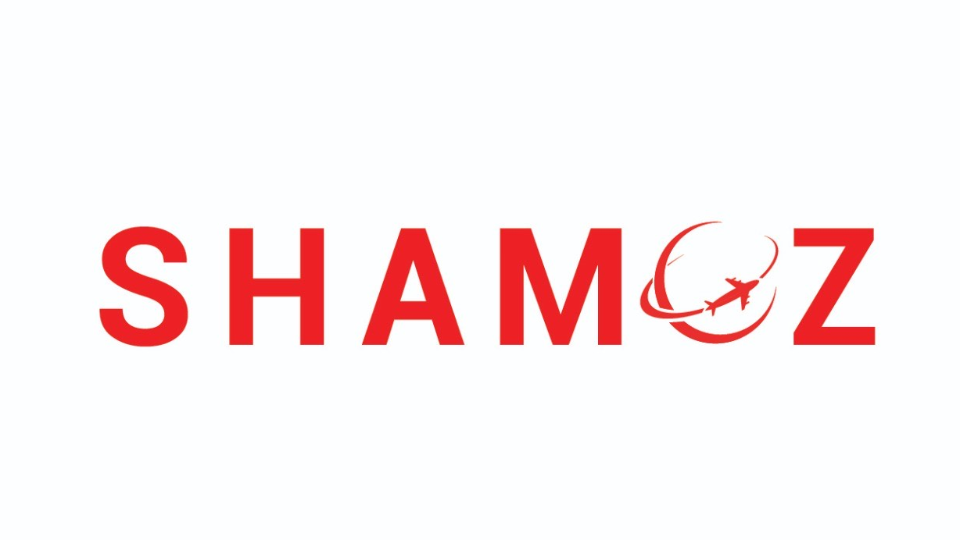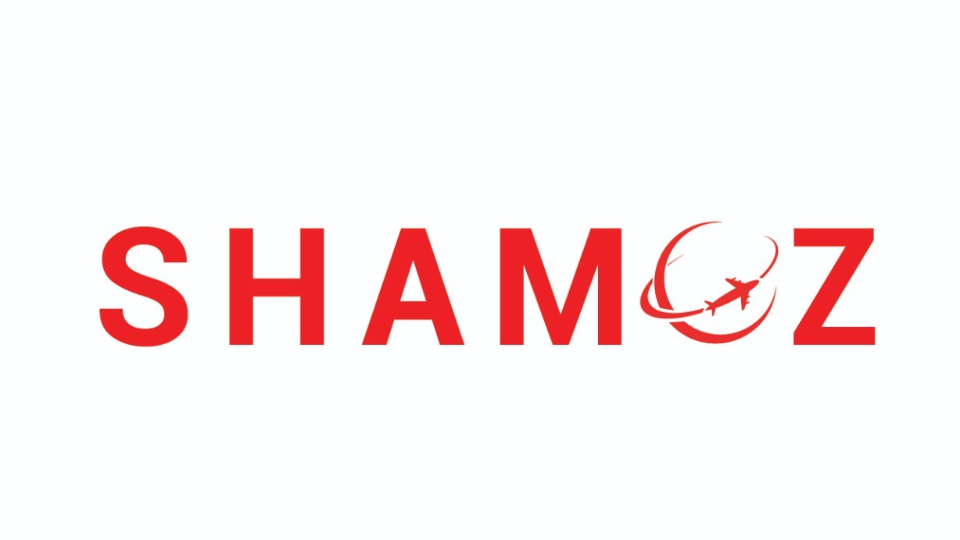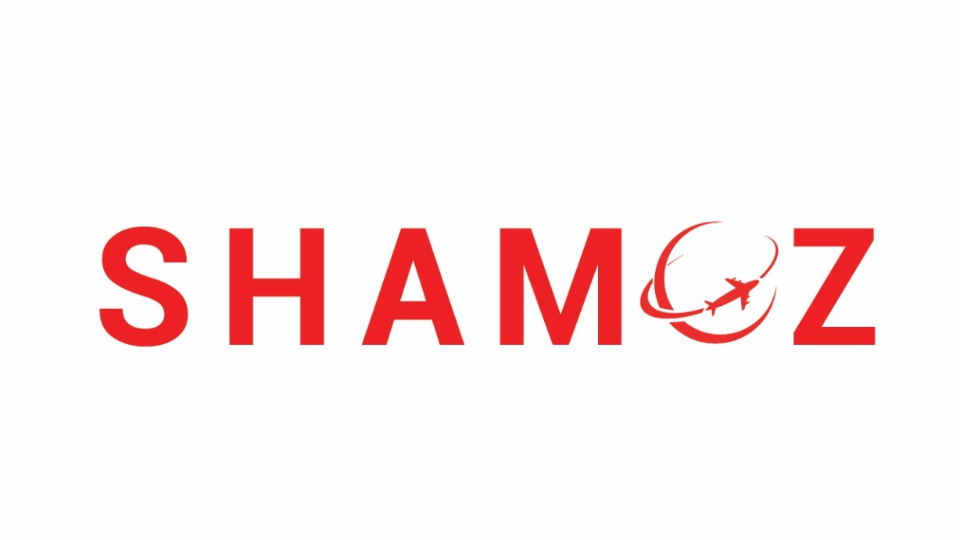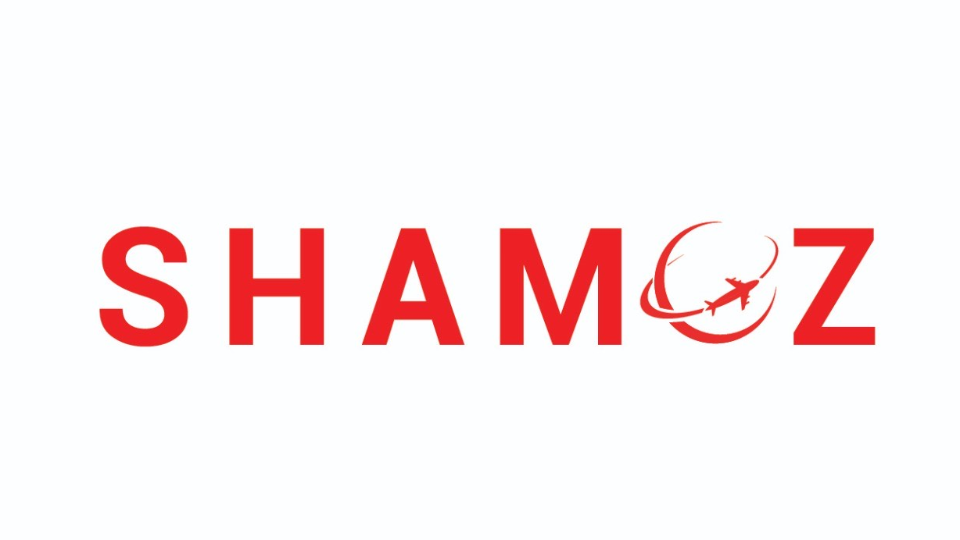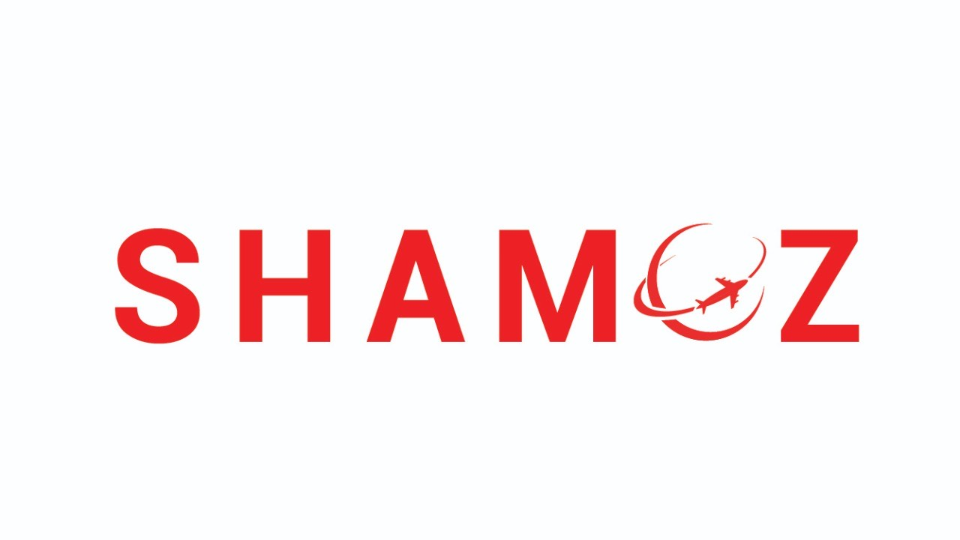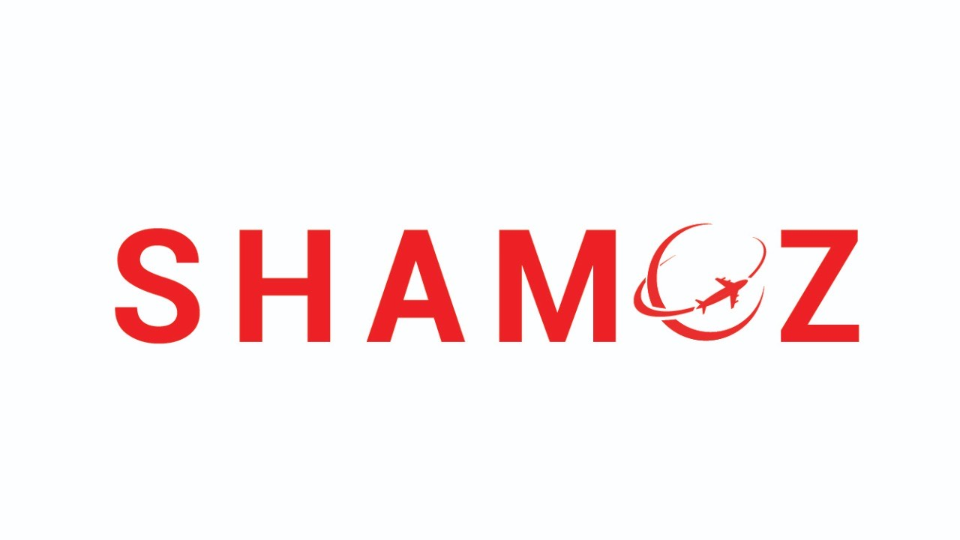Regulated Canadian Immigration Consultants (RCICs) are required to demonstrate their knowledge and language skills before entry to practice exam. Even after becoming licensed immigration consultants they required to complete an accredited program through Practice Management Education.
Whereas the unlicensed or unauthorized persons do not have any of these mentioned above which carries a significant importance to be competent.
RCICs are strictly required to earn 16 hours of Continuing Professional Development (CPD) to maintain his/her professional designation.
Unauthorized persons refrain identifying themselves to any authority and neither they required to develop themselves with Continuing Professional Development courses. They are more likely lacking the required knowledge.
Council members are subject to a Code of Ethical Conduct that stipulates proper procedures for their practice. The council strictly follows quality of service, professionalism, ethical practice and confidentiality. A breach of this code is considered an act of non-compliance; it is taken seriously and dealt with expeditiously by the Council.
Whereas the Unauthorized are not bind as they do not have the professional designation with such regulatory authority.
Members of the Council are required to obtain Errors and Omissions Insurance, which protects clients financial damage on applicable situations.
On the other hand, clients taking service from unauthorized are much more vulnerable as they are not insured.
Agents appointed by an RCIC, or those individuals who work with RCICs on a regular basis, often play a big part in processing and handling important documents and correspondence. Members are responsible for ensuring that their agents act with professionalism and integrity.
Unauthorized persons are not subject to the rules and regulations and they may not properly identify themselves on official documents and records and most likely operate unknown to the Council and appropriate officials
The regulatory council ICCRC has laid down the following tips for the prospective customers intend to get service.
Top 20 Tips on How to Prevent Immigration Fraud
Please note that ICCRC does not currently have the authority to pursue unlicensed immigration consultants but shares complaintscomplaints with the Royal Canadian Mounted Police (RCMP) and Canada Border Services Agency (CBSA).
Recognizing that immigration fraud can be devastating, ICCRC has run several campaigns against fraud and asked to be given more powers. Efforts to better protect the public will soon succeed when by order of the government of Canada, ICCRC will become the College of Immigration and Citizenship ConsultantsCollege of Immigration and Citizenship Consultants. The College will have the authority to file an injunction against a person who acts as an unlicensed immigration consultant and to engage directly with foreign government agencies.
Titles and Diplomas
Tip #1
Unlicensed Immigration Consultants may use titles that have different meanings but that can be seen as interchangeable. The professional designation “notario” has nothing to do with a notaire du Québec, a lawyer or a Regulated Canadian Immigration Consultant (RCIC). Individuals that call themselves “notarios” are not authorized to give immigration advice.
In Canada, licensed Immigration Consultants who can legally offer you Canadian immigration advice in exchange for a fee or other consideration are either RCICs, lawyers registered in one of Canada’s 13 Law Societies, or notaires registered with the Chambre des notaires du Québec. Refer to these instructions on the Government of Canada’s website to check if the Immigration Consultant you chose is an authorized representative: https://www.canada.ca/en/immigration-refugees-citizenship/services/immigration-citizenship-representative/choose/authorized.htmlhttps://www.Canada.ca/fr/immigration-refugies-CITOYENNETE/services/representant-immigration-CITOYENNETE/choisir/autorise.html
Tip #2
A person who holds a diploma from an immigration practitioner’s program is not a licensed Immigration Consultant yet. They must be registered with ICCRC in order to offer Canadian immigration services in exchange for a fee.
Just because someone has taken an immigration education program does not automatically mean that they are authorized to practise. Immigration Consultants must be registered with ICCRC. Please check the Council’s public registerpublic register and search by first or last name, company name, geographic location or ICCRC Membership ID number beginning with the letter ‘R’ followed by six numbers – R123456. Click the “Contact” link for more information.
Signatures and Forms
Tip #3
Beware if you are not asked to sign a retainer agreement.
A retainer agreement is also known as the ‘services contract’ or ‘contract’. This is a document prepared by an Immigration Consultant stating that they are providing immigration services for you in exchange for a fee. An Immigration Consultant must provide you with a retainer agreement/contract before any services begin. You and the Immigration Consultant must both sign and date the retainer agreement/contract. Make sure that you have a copy for your files.
Tip #4
Be mindful if you are asked to sign a retainer agreement with a company, an agent or someone else instead of the licensed Immigration Consultant.
The two people signing the retainer agreement must be you and the licensed Immigration Consultant. This means that the Immigration Consultant’s full legal name must be indicated on the retainer agreement along with their license number (e.g., An Immigration Consultant would include their ICCRC Membership ID number beginning with the letter ‘R’ followed by six numbers – R123456). The Immigration Consultant signing your retainer agreement should be the person conducting the immigration services for you.
Tip #5
Beware if you are not asked to sign a Use of a Representative Form (IMM5476) or if the person you hired for immigration services signs it declaring they are a friend or family member when they are not.
The Use of a Representative Form (IMM5476)formulaire Recours aux services d’un représentant (IMM5476) is a government-issued form that confirms that the chosen Immigration Consultant is authorized to represent your immigration case. This form has several sections including your first and last names, your date of birth, etc. It also includes the first and last name of your Immigration Consultant, their ICCRC Membership ID number, their full address, etc. You and the Immigration Consultant must both sign and date this form. Any inquiry made by your Immigration Consultant must include a copy of the signed IMM5476 to prove they are your authorized representative.
The signed IMM5476 is required even if the Immigration Consultant is a friend or family member, or if the consultant is not charging you for their services.
Tip #6
Do not sign blank forms or forms containing false information.
Never sign a blank form. You should check and verify all information is complete and accurate on any form before you sign it. Even if someone else completes your forms, you are ultimately responsible for the information on them.
Tip #7
Be wary if the person you hired for immigration services does not give you a copy of forms you both have signed.
You should always be provided with a copy of any forms you sign for your records.
Services and Payment
Tip #8
Be cautious if you are asked for a CASH payment.
Cash payments are not usually trackable because there is no document to prove that you paid. Other methods of payment are trackable (cheque, credit card, bank transfer) and can be proven by viewing a bank statement.
Tip #9
Make sure you receive invoices and receipts for all payments.
The fees you are charged are outlined in your signed Retainer Agreement. You should be issued an invoice outlining those fees before you pay, then issued a receipt showing your payment.
Tip #10
Beware if you are charged fees for various services, while the immigration service is included for free.
Your Immigration Consultant prepares a detailed Retainer Agreement that outlines the amount due for immigration services provided to you. If immigration services are free, the Retainer Agreement should state that the total services’ fee is $0.00.
If you are charged for services other than immigration (for example, job placement), then the job placement should be an entirely separate agreement or contract. Regulated Canadian Immigration Consultants (RCICs) are only licensed to provide immigration services. If an RCIC is offering you a job placement service under a separate agreement or contract, then you should check to make sure that they are a qualified and certified recruiter who is licensed to offer these services (and charge you) in the province/territory where the job is being offered in Canada.
Tip #11
Be careful if a travel agent, an educational agent or a recruiter offers you immigration services.
Travel and educational agents and recruiters may offer immigration services or advice as part of a larger package. Though it is possible that they are authorized to offer immigration services related to travel, studies or work, it is important that you confirm their status as a RISIA or an RCIC before using them for immigration services.
Beware of Guarantees
Tip #12
Beware if you are given guarantees on processing time regarding an immigration application.
There is no absolute processing timeline for any type of immigration application. You may be advised of a timeline range (for example, 8-12 weeks), but no visa office or visa officer will ever give you a guarantee. This is because complications and delays may come up at any time during the visa processing, including background checks, medical exams, re-issuance of application forms, etc.
Tip #13
Be alert if you are guaranteed a job and immigration at the same time. Example: ‘For $10,000 we will find you a job and get your immigration papers.’
While immigrating and finding a job in Canada are often tied together, they may require different representatives. In addition to your Immigration Consultant, you may need to work with a licensed recruiter.
No one should charge you fees for finding a job: not the employer, not the recruiter, not the Immigration Consultant.
For you to work in Canada, your future employer must submit a Labour Market Impact Assessment (LMIA)Labour Market Impact Assessment (LMIA) application to the Government of Canada. The purpose of an LMIA is to explain why a foreign national, such as yourself, is needed to work in Canada. Once approved, the LMIA is then submitted by the Immigration Consultant along with your immigration application for work in Canada.
Even with a job offer no one can guarantee a successful immigration application. The decision for any immigration application is up to the visa officer. You will not know the outcome of your application until you receive a written decision from the visa officer.
Tip #14
No one can guarantee an application approval.
The result of your immigration application cannot be guaranteed. The decision for any immigration application is up to the visa officer. You will not know the outcome of your application until you receive a written decision from the visa officer.
Connections
Tip #15
Beware if the person you are considering hiring for immigration services mentions that they know someone in the Immigration Department that can help with your immigration application.
The visa officer processing your application makes their own independent decision based on the merit of your case (the strength of the reason for your application with supporting evidence and documents). No one can influence the outcome of any application.
Worth Checking
Tip #16
Always check to make sure your Immigration Consultant is in good standing on ICCRC’s online public register.
Before starting your application process with an Immigration Consultant, you should check that they have an ‘active’ status on ICCRC’s online public registeronline public register. This means that they are in good standing and can offer you immigration advice in exchange for a fee.
If your Immigration Consultant has a status of Revoked or Suspended, then they are not currently authorized to represent your immigration case.
Tip #17
Be alert if you see the ICCRC corporate logo on an immigration website instead of the Member Insignia and there is no link to ICCRC’s website to verify if the Immigration Consultant is registered with ICCRC.
The ICCRC Corporate Logo (see left corner of this webpage) can only be used by ICCRC staff. Regulated Canadian Immigration Consultants (RCICs) cannot use the ICCRC Corporate Logo. RCICs have the special Member Insignia below.

Tip #18
Make sure your Immigration Consultant has Error and Omissions insurance.
All licensed Immigration Consultants require Error and Omissions (E&O) insurance.
Tip #19
Beware if the person you are considering hiring for immigration services demonstrates an apparent lack of knowledge when you ask specific questions about immigration or ICCRC’s Code of Professional Ethics.
Licensed Immigration Consultants enter their profession with a standard level of knowledge in immigration that increases as they practise. If they are not qualified to represent you for the immigration service you need, they must disclose it in compliance with the Code of Professional Ethics. Unlicensed Immigration Consultants are more likely to have limited immigration knowledge and are not bound by a code of conduct.
Ethics
Tip #20
Beware if you are encouraged to lie on your immigration application.
If you lie on your immigration application, you are committing misrepresentation. The penalty for misrepresentation is a ban from submitting any type of application to Canada for a period of five years. This will be part of your immigration record and may affect your ability to apply for any application to Canada.
Source:
ICCRC



